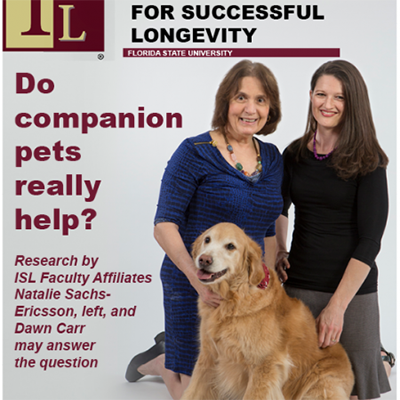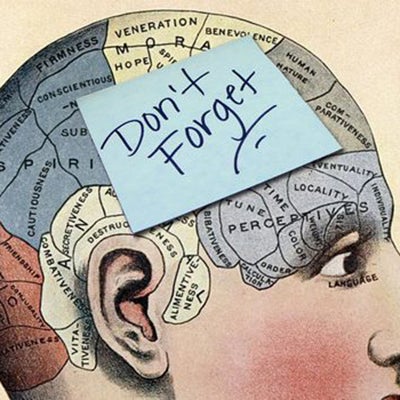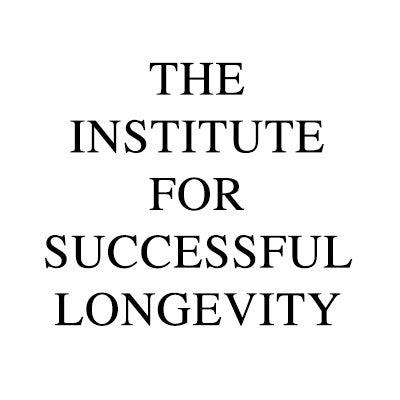The latest edition of the Institute for Successful Longevity’s Newsletter features the work of two ISL researchers looking into the question of whether companion pets can ease the loneliness that worries some older adults.
Read the full newsletter here: ISL NEWSLETTER January 2018 – FINAL





















